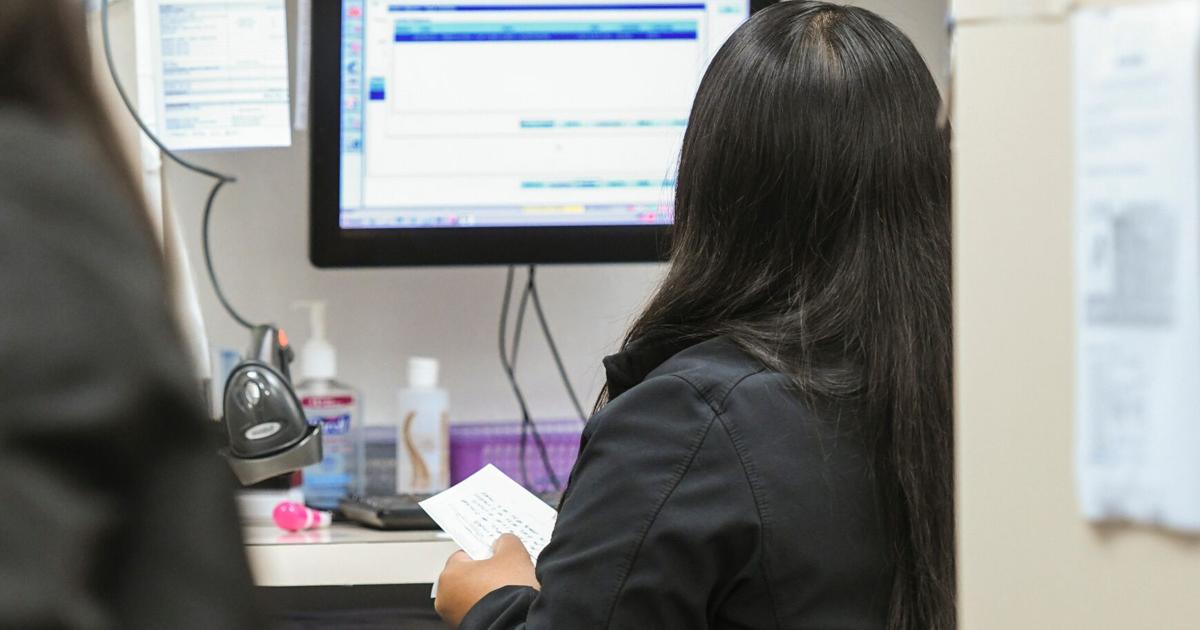A national licensing model may soon allow pharmacists licensed in other states to practice in Guam without applying for a local license, Guam Board of Examiners for Pharmacy member Angie Eustaquio said at a board meeting on Thursday.
Eustaquio, the island’s voting delegate, returned from the National Association of Boards of Pharmacy’s annual meeting in Florida, held May 13 to 17, with word that an “interstate privilege model” is approaching adoption among member states.
“The interstate privilege model might be coming very soon,” she told fellow board members. “It’s kind of like the nursing compact, where, if you participate as being one of these privileged states, then you can have licensee, not necessarily get a license on Guam but if they have a license in another privileged state, then they can pretty much operate in the capacity of as if having a license.”
Participation in the model would be voluntary for states and territories but no firm rollout date has been announced, she said.
“We might hear some chatter about whether or not we want to participate in this interstate privilege model,” Eustaquio added. “If Idaho is a privileged state and we are, then if they have a licensee in Idaho and us, then we can just pretty much, yeah, with each other. But they have to have a license in the state that is also privileged.”
She also presented updates on NABP’s Pulse platform, which is a new verification system developed under the Drug Supply Chain Security Act to combat counterfeit or misbranded medications.
“It’s this huge database where you get a scanner and you scan the QR codes, and it’s supposed to tell you exactly where and when the product has been and whether or not it’s legitimate,” Eustaquio said. “They’re spending a lot of money to make sure that this technology is offered to all the states to help eliminate misbranded and products that…don’t hold a true integrity.”
Pulse is currently in beta testing and may become available nationwide as states continue to address issues around drug tracking and consumer safety.
Weight loss medicine
However, Eustaquio warned board members about increasing concern across states regarding GLP-1 drug compounding, which is medications originally for diabetes that are now widely used for weight loss, especially due to the rise of its unauthorized distribution through weight-loss clinics.
“I don’t think that that’s necessarily an issue for us right now, but it’s just something to be aware of with high demand,” she said. “We got an email before for a misbranded, even for like, our wholesaler.”
She urged careful scrutiny when considering out-of-state license applications, particularly from entities presenting as weight-loss clinics.
“There’s a lot of stuff going on in the states that I think are suspicious, that we may not necessarily see directly, but it’s possible,” Eustaquio added.
